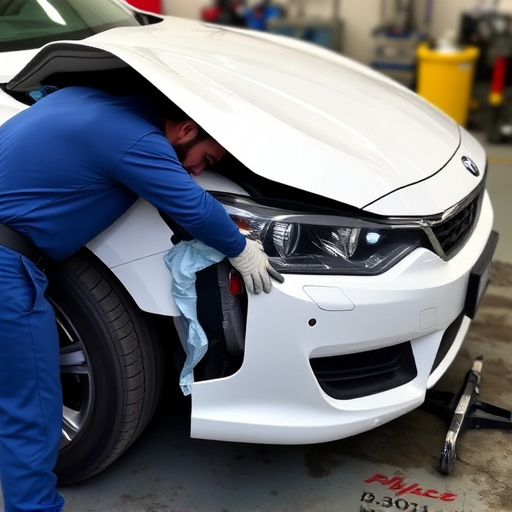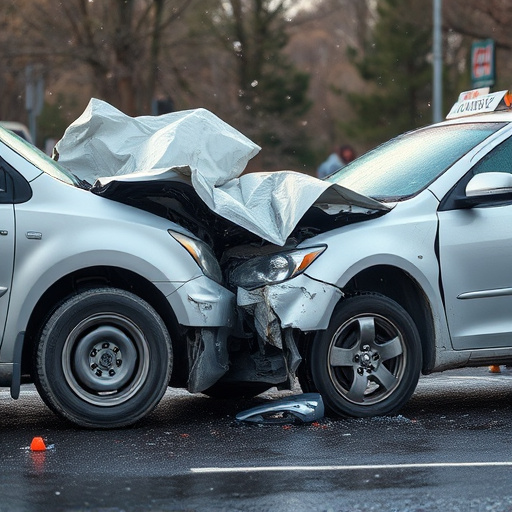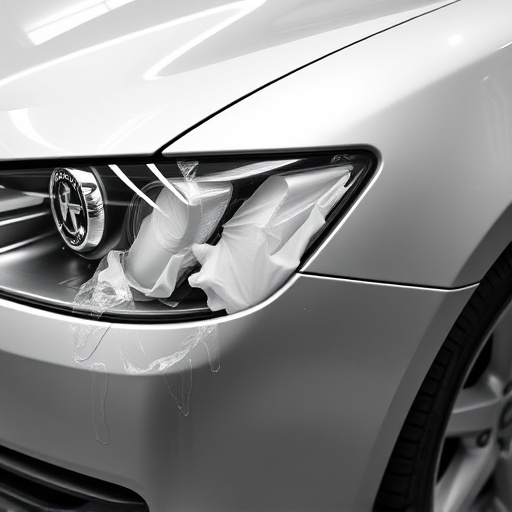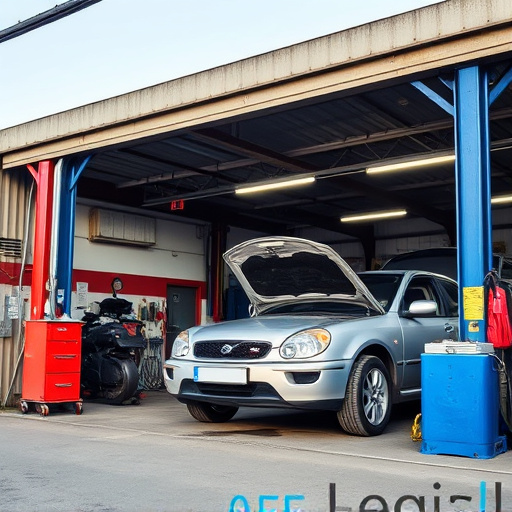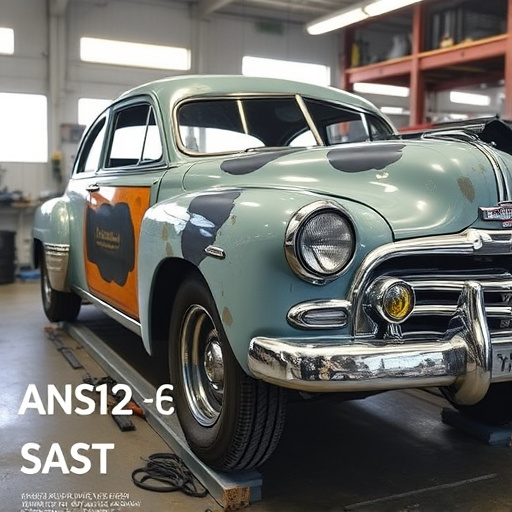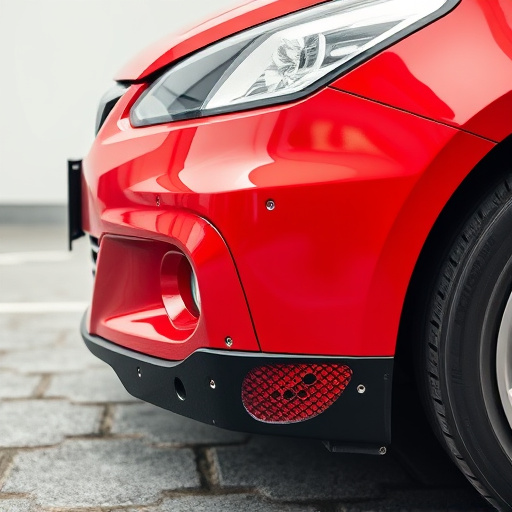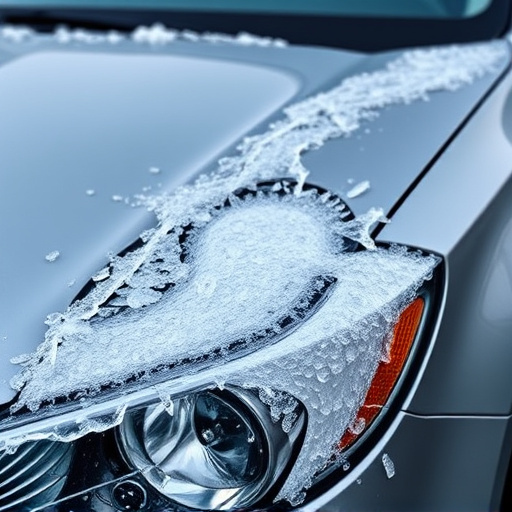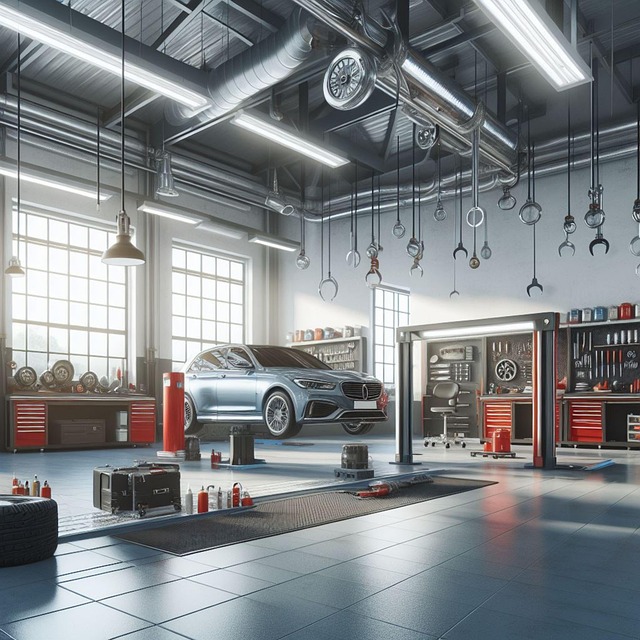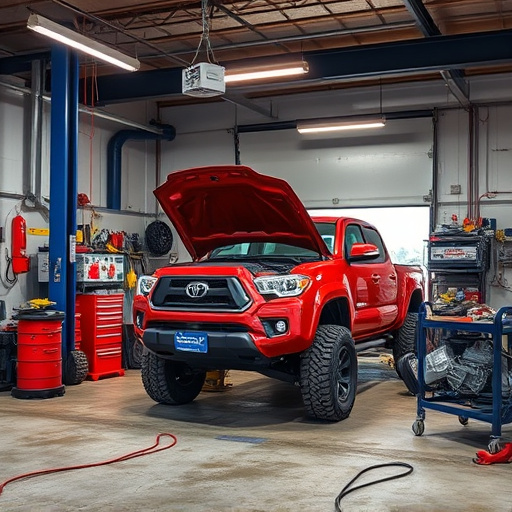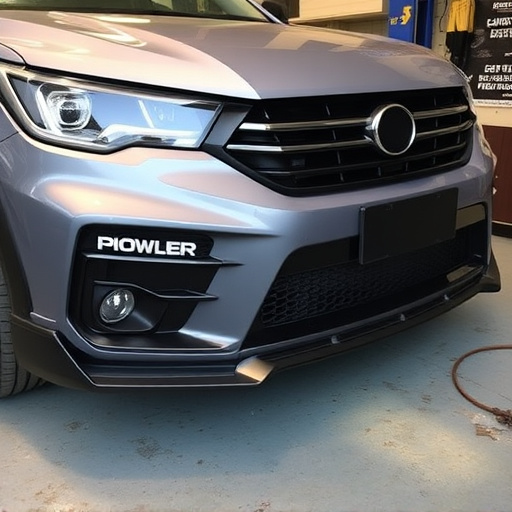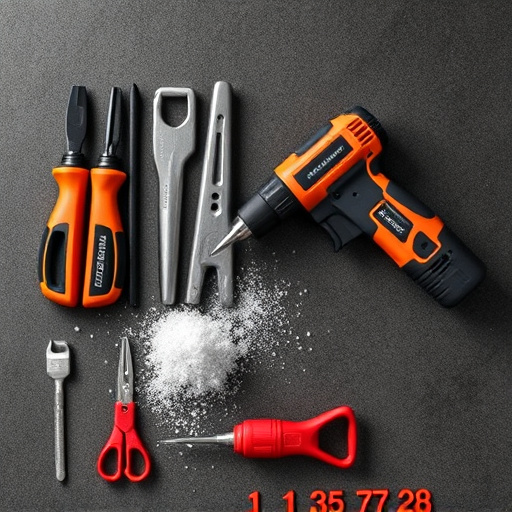Renewing safety glass certification is crucial for auto body services, ensuring compliance with industry standards that maintain structural integrity and protect drivers. This involves understanding renewal requirements, including inspections and updated installation techniques, to prevent hazards. Proper documentation and record-keeping demonstrate adherence to auto glass safety standards, simplifying renewal and enhancing future projects. Staying ahead in the industry by embracing evolving auto glass safety standards offers enhanced passenger protection, improved vehicle structural integrity, and customer satisfaction through state-of-the-art repairs.
Stay ahead of industry regulations with safety glass certification renewal. As auto glass plays a critical role in vehicle safety, adhering to evolving auto glass safety standards is essential. This article guides you through understanding renewal requirements, documenting compliance, and leveraging the benefits of certification. From staying informed about updating safety protocols to ensuring continuous adherence to auto glass safety standards, discover how to maintain your edge in the industry.
- Understanding Renewal Requirements for Auto Glass Safety Standards
- Documenting Compliance: Essential Steps in the Certification Process
- Staying Ahead: Benefits and Future of Safety Glass Certification
Understanding Renewal Requirements for Auto Glass Safety Standards
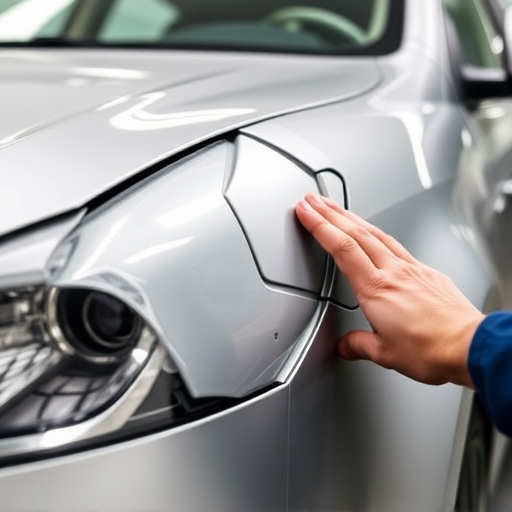
Renewing safety glass certification is a crucial step in maintaining compliance with auto glass safety standards. It involves understanding specific renewal requirements set forth by governing bodies and industry associations. These regulations are designed to ensure that auto glass remains safe and effective in protecting drivers, passengers, and other road users.
For example, many regions mandate periodic inspections and testing of auto glass to verify its integrity and adherence to established safety protocols. This includes checking for any cracks, chips, or defects that could compromise the structural strength of the glass. Additionally, certification renewal often requires updating knowledge on new installation techniques, materials, and technologies that enhance car body repair and protect against hail damage repairs. Auto body services providers must stay current with these developments to ensure their work meets the highest safety standards.
Documenting Compliance: Essential Steps in the Certification Process
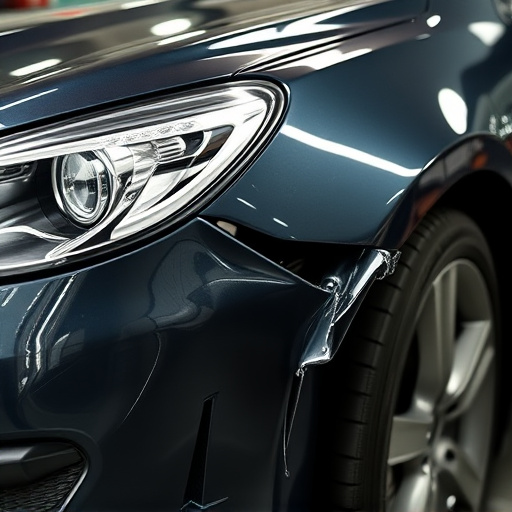
Maintaining safety glass certification is non-negotiable for any auto glass specialist. The process involves meticulous documentation to prove compliance with established auto glass safety standards. This includes a comprehensive review of all procedures, equipment, and materials used during installation or repair. Every step must adhere to the highest industry benchmarks to ensure driver and passenger protection.
For an auto body shop looking to renew or maintain certification, proper record-keeping is paramount. Keeping detailed records of each job, including work performed, parts used, and inspection outcomes, serves as concrete evidence of adherence to auto glass safety standards. This meticulous documentation not only simplifies the renewal process but also acts as a valuable reference for future vehicle restoration or car paint repair projects, ensuring continued compliance and client satisfaction.
Staying Ahead: Benefits and Future of Safety Glass Certification
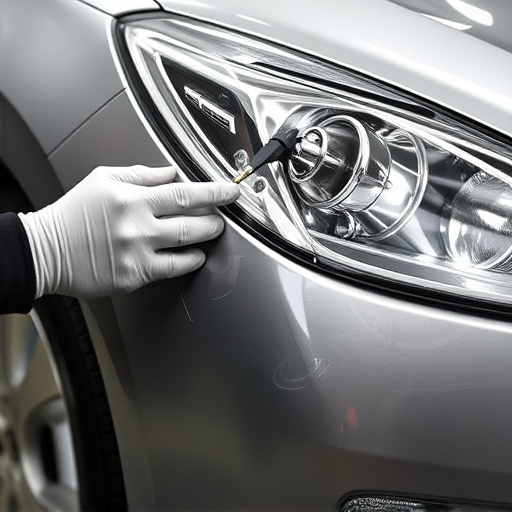
Staying ahead in the industry means understanding and adhering to evolving auto glass safety standards. The benefits are clear: enhanced passenger protection, improved structural integrity for vehicles, and peace of mind for drivers. As we look to the future, advancements in safety glass technologies will only continue to strengthen these advantages. For example, new innovations in laminating resins and interlayer materials can further reduce the risk of shattering, providing an even safer environment in the event of a collision. This is particularly relevant for auto body repairs and bumper repair services, where ensuring structural integrity while replacing or repairing auto glass plays a critical role.
Collision repair centers that stay abreast of these developments not only meet but exceed customer expectations. They can offer state-of-the-art solutions, such as precision cutting and advanced bonding techniques, resulting in higher-quality repairs. By embracing the future of auto glass safety standards, these centers position themselves as leaders in their field, ensuring satisfied customers who appreciate a job well done and a vehicle that provides top-notch protection.
Renewing your safety glass certification is a crucial step in adhering to evolving auto glass safety standards. By understanding the renewal requirements, documenting compliance, and staying informed about industry advancements, you ensure that your auto glass remains not only safe but also up-to-date with the latest regulations. This process fosters trust among consumers and contributes to the overall safety of drivers on the road.
